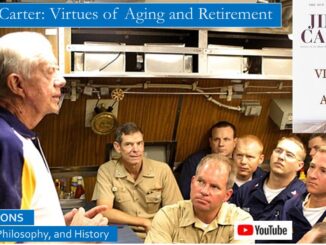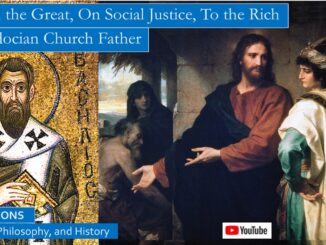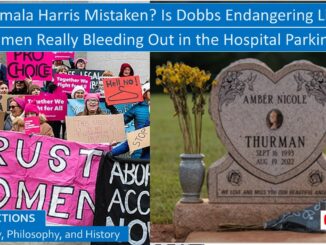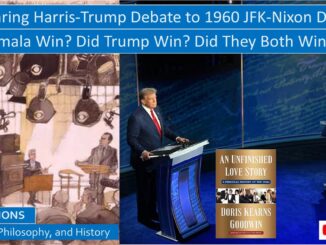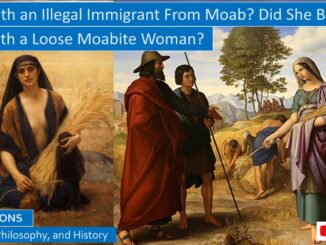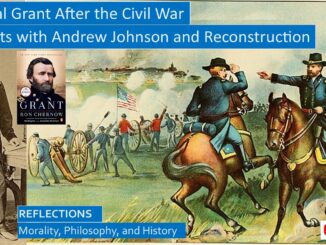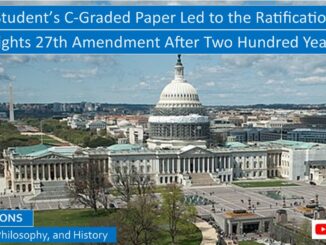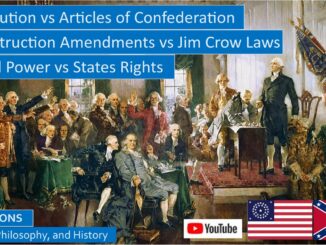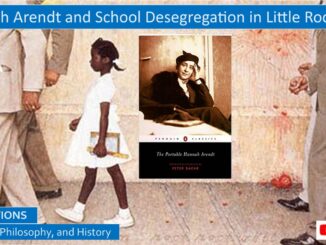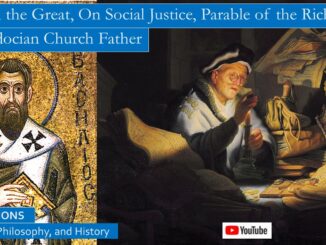
Was St Basil WOKE? St Basil the Great On Social Justice, Parable of the Rich Fool
St Basil teaches us that whether we receive sufferings or blessings, both these should increase our two-fold Love of God and love of neighbor. St Basil teaches us:
“Temptations come in two forms. Sometimes affliction proves the heart like gold in a furnace, testing its purity by means of suffering. But for many, it is prosperity of life that is the greatest trial. For it is equally difficult to preserve one’s soul from despair in hard times, and to prevent it from becoming arrogant in prosperous circumstances.”
Who benefits more, those who contribute, or those who receive? St Basil teaches us, Through the fruits of your good works, “you produce for yourself, since the grace of good works redounds to those who perform them. You gave to the poor, and in so doing not only did you make what you gave truly your own, but you received back even more. For just as grain, when it falls upon the ground, brings forth an increase for the one who scatters it, thus also bread cast to the hungry yields considerable profit at a later time.” […]

